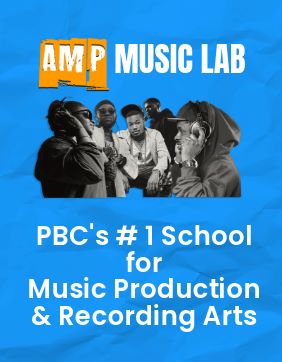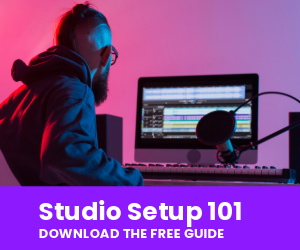Back in 2003, I started my music publishing company and have since licensed music on CBS, MTV, Fuel TV, Nickelodeon, and many independent films and advertising projects. This can be a very lucrative revenue stream for your music catalog. On the flip side, I once secured a mechanical license with a Rock and Roll Hall of Famer, but after the artist, label, and co-producers took their cuts, there was nearly nothing left for my share. This experience taught me that while many aspiring songwriters dream of working with big artists and labels, less mainstream license deals could be more lucrative for their efforts and aspirations. Let’s break down music licensing and the “two sides.”
Details






















